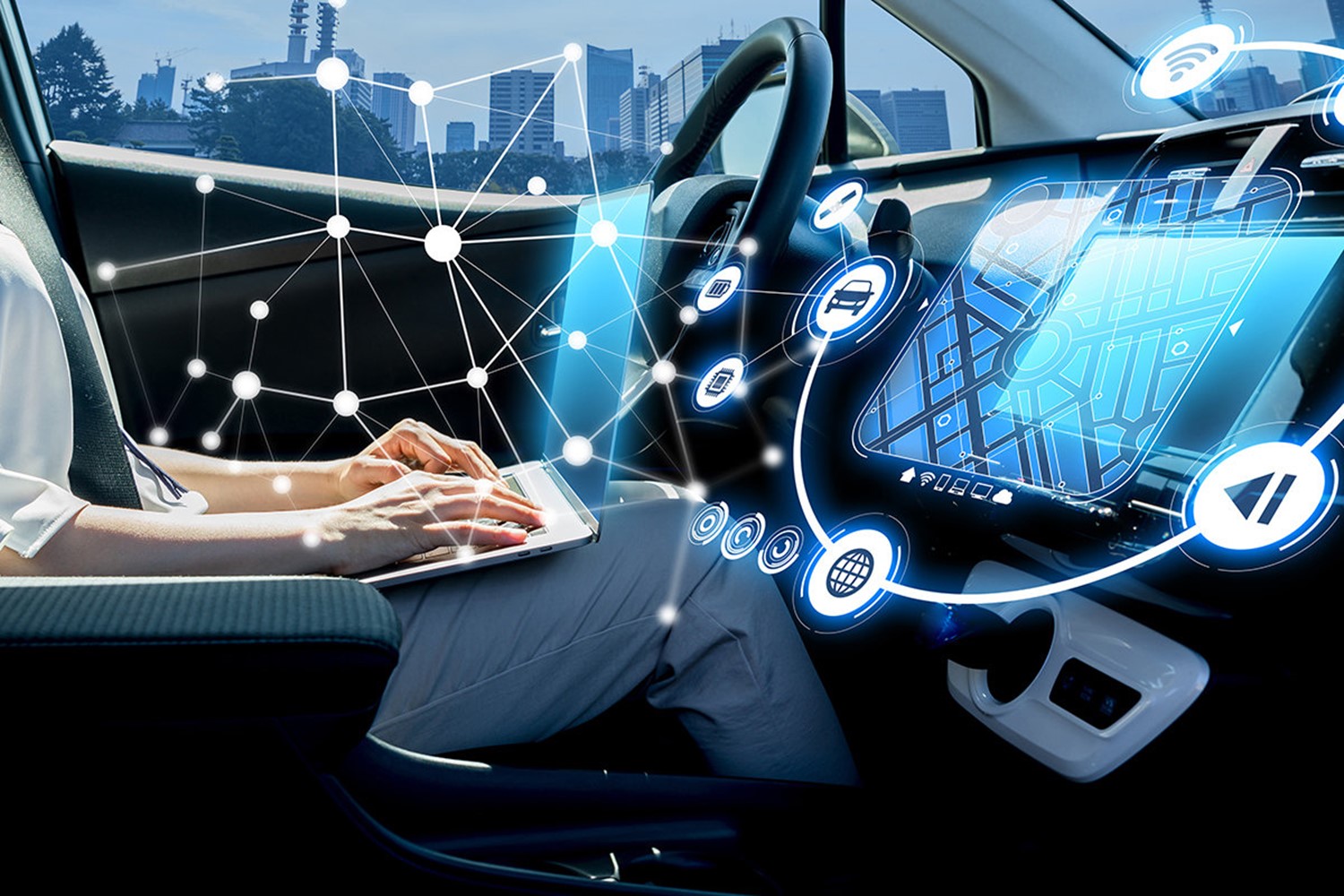
Researchers interviewed 43 subject-matter experts from 35 stakeholder organizations and conducted an extensive literature review. Key finding from their research is that the existing automobile insurance system in the United States should be sufficiently flexible to accommodate the introduction of AVs. A majority of experts also said that the automobile insurance claims process for accidents involving AVs and conventional cars would not change significantly in the future.
Research Questions
- What changes might highly or fully automated vehicles require to the U.S. automobile insurance system?
- What are the benefits and drawbacks of various models of insurance?
- Will these vehicles be insured in fleets rather than by individuals?
- Will the subrogation process change?
- How might accidents involving AVs be handled?
- Will AV technologies drive up costs of minor accidents?
- How might changes to other countries’ insurance systems inform changes to U.S. insurance?
- How important is consumer acceptance?
- Will data-sharing between AV manufacturers and insurance companies be important?
Key Findings
- The existing auto insurance system in the United States should be sufficiently flexible to accommodate the introduction of autonomous vehicles (AVs)
- Most experts agreed that, although some changes to the U.S. auto insurance model may be indicated as vehicles incorporate higher levels of automation, it is too early to make radical changes to the U.S. automobile insurance system.
- A majority of experts predicted that AVs would be deployed in a fleet ownership model, although their predictions regarding the specific formulation of fleet ownership differed.
- A majority of experts said that the insurance claims process for accidents involving AVs and conventional cars would not change significantly in the future.
- Experts agreed that consumer acceptance was very important to the successful deployment of AVs.
Auto304